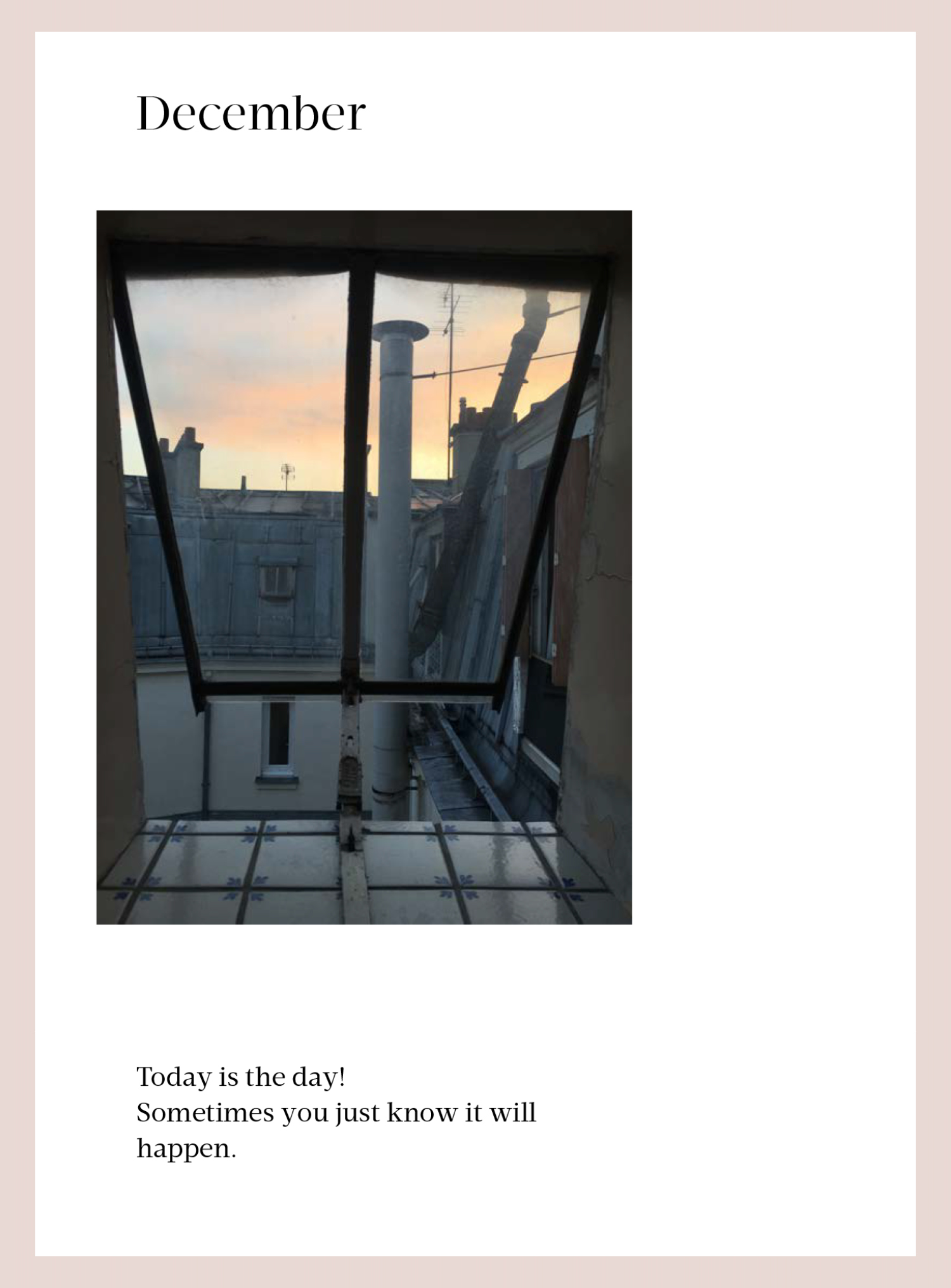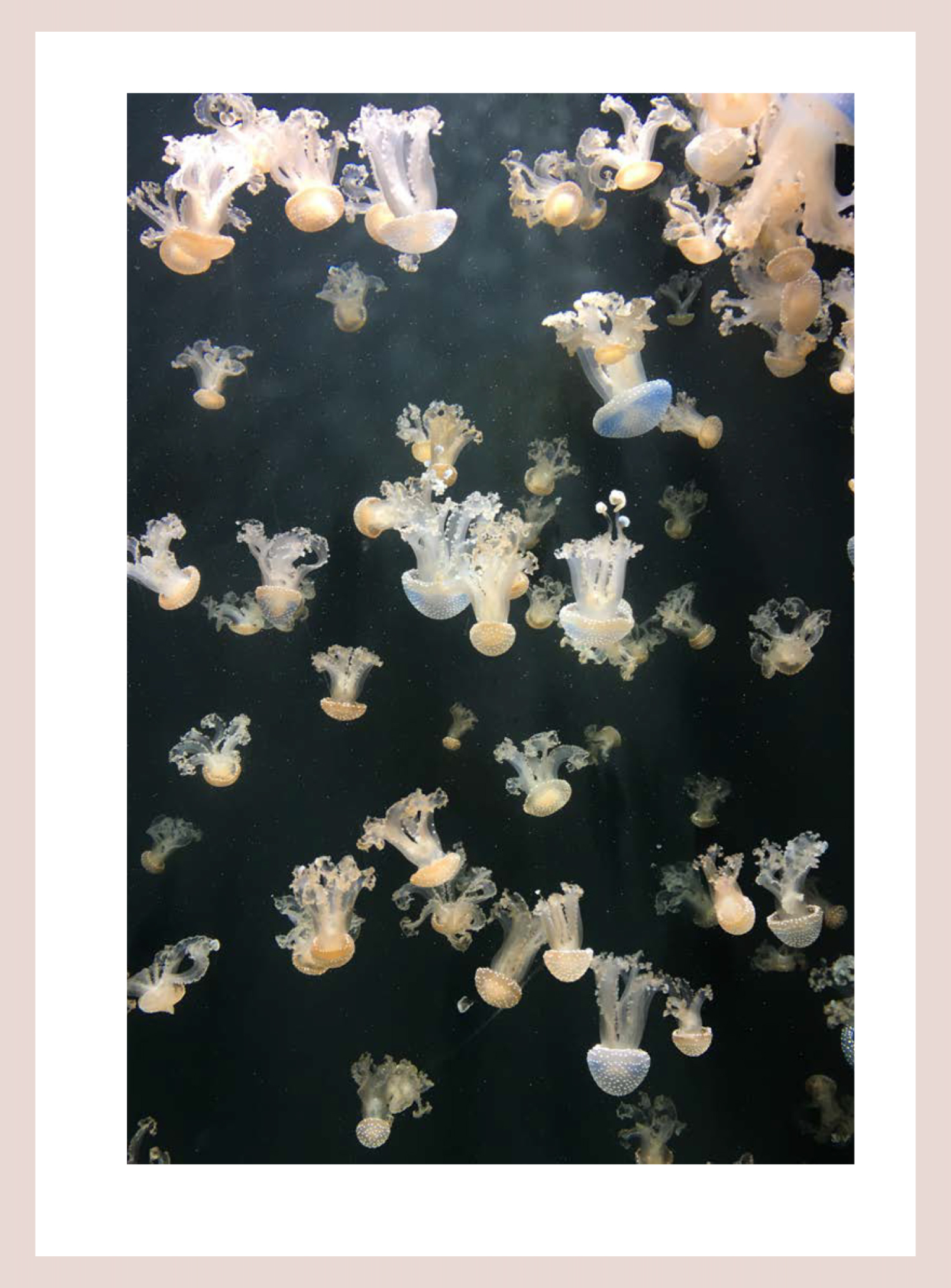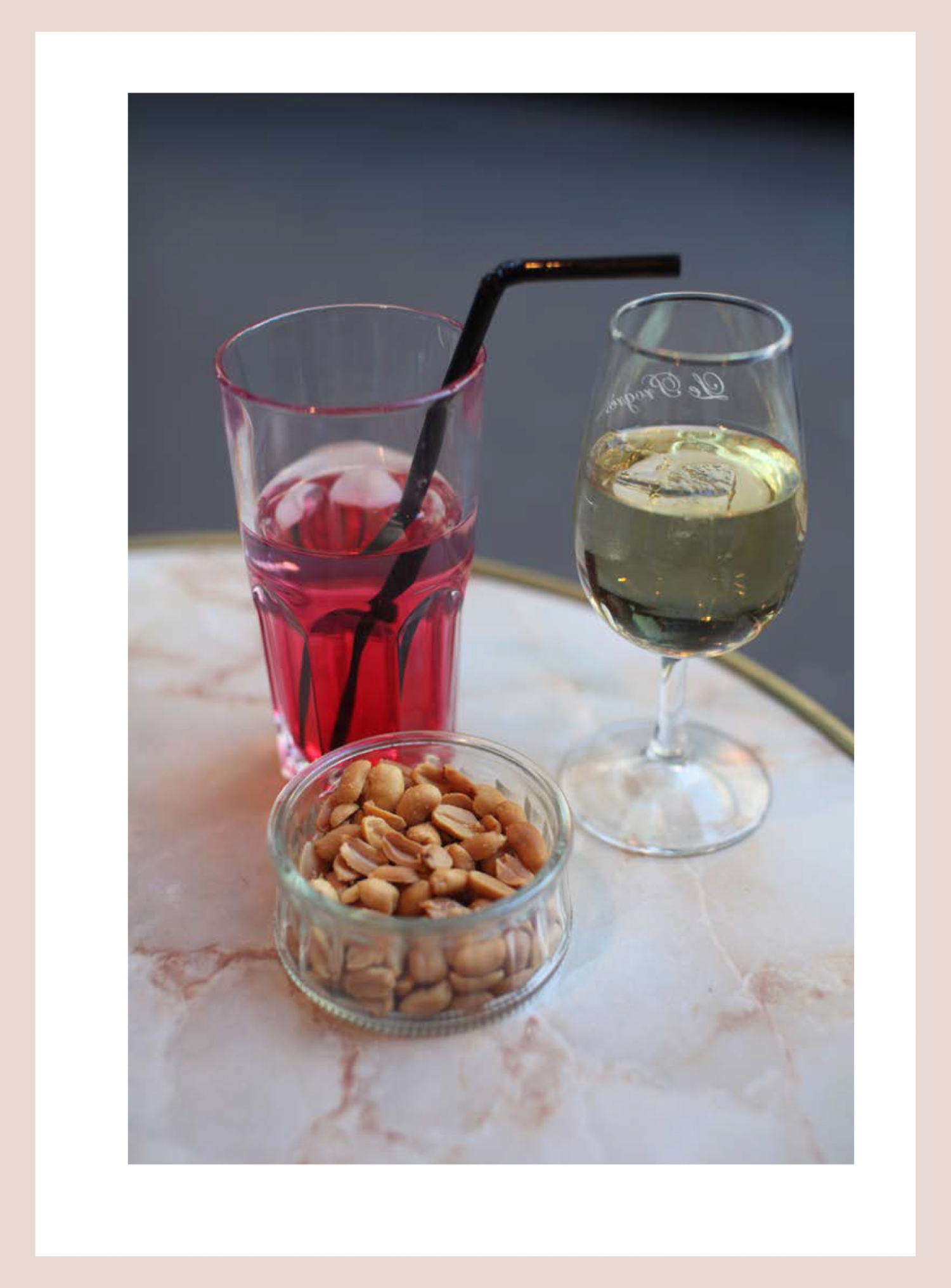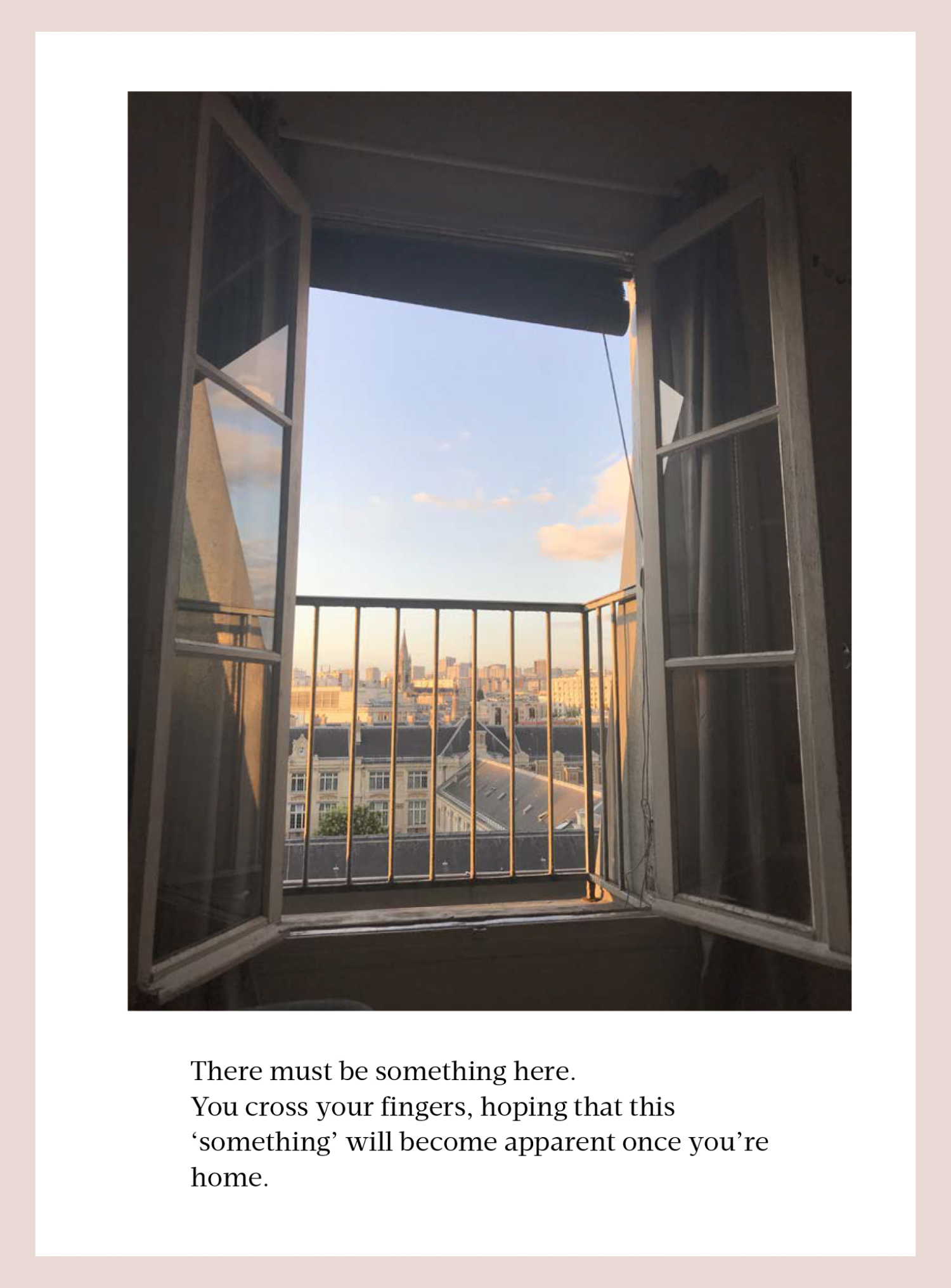The Artist in Residence - Nina Strand
For the past decade, few individuals have done more to broaden the discourse of contemporary photographic practices in Norway, than the ever smiling writer and editor, Nina Strand. We were curious to see whether the sun in fact always shines on her blonde haired, long legged, dress wearing alter ego in Residence, her upcoming book that we have been fortunate enough to get our hands on before its launch on Saturday...
Through 20 issues of the journal Objektiv which she founded in 2009, she as an editor has sought to explore what can be learned from artists working primarily with camera-based arts today all across the world, and created a space where established artists and their young counterparts can speak freely and communicate globally.
BUT….
During her tireless work as editor in chief (and did I mention a monthly column in Dagbladet about photography?) she has steadily created a series of highly distinct and idiosyncratic books. Usually small in size (but definitely not in scope), these zines as she calls them, referring to the do it yourself heyday of punk, or bound books often taking on the look of a notebook or diary, tackle issues pertaining to the role of the artist and creative freelancer today, youth, aging, sex and romantic relations. Her previous book, Dr. Strand won several awards and is a meditation on motherhood, and the strange shift that occurs when a parent dies and you stand, no longer a child, but as a parent responsible for a child…
With the current volume , titled Residency, she has created one of the funniest, timeliest, most tender and honest publications we’ve seen in years…in fact we might say, since, coincidentally, her own book so how do you think you’re doing? from 2008. That book, using the language of ‘coaching’ uses dialogue and simple photographic repetitions in order to relate the utter confusion felt by so many of us as we get ready to enter that vague territory called adulthood.
Residency is a kind of travelogue about a year spent at the Cité Internationale residency for artists in Paris. Ideally such a year will be an opportunity to focus all their energy into creation, but it’s difficult isn’t it, when you are given free reign, or even a kind of mandate, to create something? I mean, where do you begin?
The artist in residency opens the book laconically with a picture from New York, another typical artist-residency destination, under which the caption reads: -you’ve tried this before – travelling the world to experience and create, without necessarily having much success. And so we’re swept along, our protagonist brimming with hope that this time around it could be different right…Right
WELL…
In order to create, certain things must be in place. You need more money than the monthly stipend obviously, and after having given a lecture where she tells us she spoke way too fast and ran out of things to say after twenty minutes and no one understood what she was talking about anyway, she finds herself puzzled when she received a bottle of wine as payment…Well, seeing as how wine wasn’t going to pay for her creations-in-the-making, she figures she could write a book about photography, seeing as how France is the birthplace of the medium…But, as she says: -you could take the train to La Gras, where Nicéphore Niépce took his first photograph, but the trip seems a bit tiring…
And so she keeps on going, in her concise prose and strangely generic imagery.
Though the form of Strand’s work is reminiscent of artists like Duane Michaels and Sophie Calle, who both in their own way often have made small vexing volumes mixing photographs and texts, Strand has a wholly unique way of relating issues about all the perceived expectations from ourselves and others we sense are holding us back. Like Calle and Michaels, Strand’s work is generous without being simple; by opening up the space of what an artist does, she demystifies and allows everyone, those in the know and those coming in from a different angle, to engage with what I was about to call universal problems; existential issues that take on a strangely large role in the privileged life of those of us whose basic needs are met at every turn. In this sense, her work has as much in common with Woody Allen, Seinfeld and Lena Andersson as it does with the typical art-community. Personally, I find Strand at her most hilarious and poignant when she observes the art-world around her, culminating in this volume in an encounter with an artist of the previous generation: -The next day you interview an older photographer who’s currently exhibiting at the Centre Pompidou. She says nothing new has happened on the photo scene since the 90s. Her arms go up and down in frustration while she talks like a machine gun about how disappointed she is in the new generation.
Her exhibition consists of the empty frames from her previous works. You want to ask her about it, and so much more, but she never lets you talk.
And so it goes. Life. And art. Art and life.
Please purchase this book. It will make you laugh, and hum. And in the end, it just might leave you feeling less alone, and less silly about all your own petty insecurities J
The book Residency can be bought at Tronsmo bookstore in Oslo or Fotogalleriet where it is being launched on Saturday the 12th of January at 17 o’clock.
WORDS: The Chromarty
PHOTOS: Nina Strand; from the book RESIDENCY

























